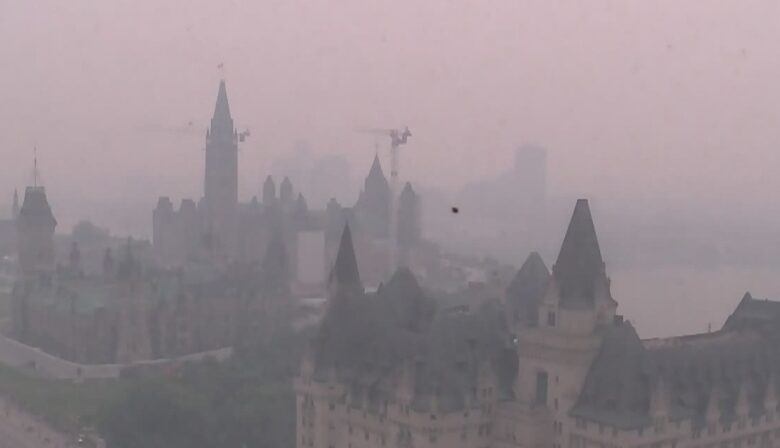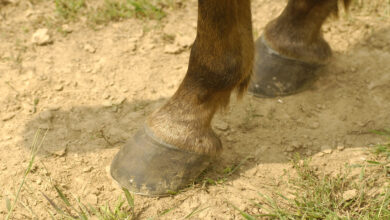
Montreal, experienced the worst air quality on Sunday, surpassing all other major cities, according to a global air quality index (AQI) tracking website. IQAir’s data revealed that Montreal ranked first with an AQI of 230, followed by Kuwait City (221) and Tehran, Iran (169). The city’s air quality index even peaked at 243 on Sunday. The deteriorating air conditions are primarily attributed to the wildfires raging in northern Quebec, where around 80 fires are currently burning. As the winds shifted to the northeast, smoke from the fires enveloped parts of southern Quebec, prompting Environment and Climate Change Canada (ECCC) to issue a “high risk” air quality warning for the metropolis.
The ECCC advises individuals to minimize their exposure to the hazardous smog, particularly those who are more susceptible to its adverse effects, such as individuals with lung or heart diseases, the elderly, children, pregnant women, and outdoor workers. Smog advisories were also issued for other regions of Quebec, including Laval, Longueuil, Trois-Rivières, and Quebec City. To maintain indoor air quality, the weather agency recommends keeping windows closed. In response to the alarming situation, the City of Montreal cancelled all outdoor cultural activities and temporarily closed outdoor sports facilities, including pools and wading pools, until noon on Monday. Officials pledged to reassess the situation the following day.
Dr. Sidonie Pénicaud, a physician specializing in environmental and occupational health at Montreal public health, expressed concern about the extreme air quality conditions in Montreal on Sunday. Symptoms commonly associated with the smog include itchy eyes, a scratchy throat, and coughing. More vulnerable individuals may experience more severe effects, such as difficulty breathing. Dr. Pénicaud advised against relying on medical or cloth masks to filter out pollutants, as they are not effective due to the fine nature of the particles. She suggested avoiding outdoor activities and opting for indoor spaces with air conditioning, especially for vulnerable individuals. While keeping windows closed may be challenging during the summer heat, it is crucial to prioritize health and seek refuge in air-conditioned environments if possible.
For further information on protecting oneself from smog, Montreal public health’s website provides additional guidance and resources.








































